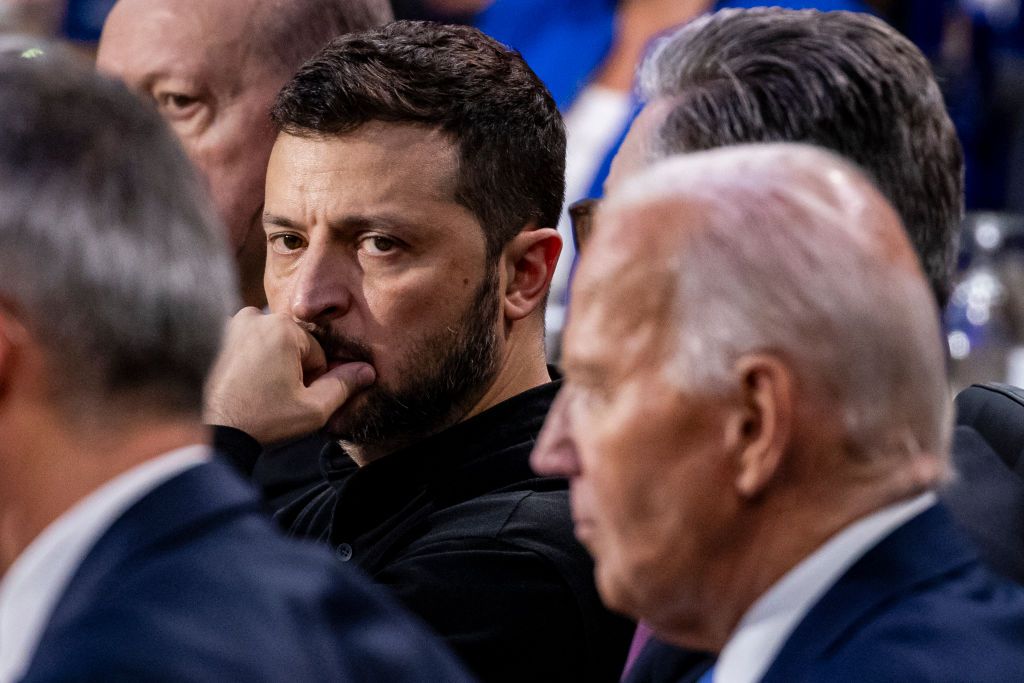Lammy calls Putin head of 'mafia state,' compares him to slave owner

U.K. Foreign Secretary David Lammy accused Russian President Vladimir Putin of running a "mafia state" and compared him to a slave owner during his speech at a meeting of the U.N. Security Council on Sept. 24.
Lammy, who took over as British Foreign Secretary in July 2024, has consistently reiterated his country's support for Ukraine and condemned Russia's attacks against Ukrainian civilians and violations of international law.
Lammy criticized Putin's actions regarding the invasion of Ukraine, recalling the days of slavery, and accused the Russian government of flouting international law, while claiming to be defending the so-called Global South.
"Your invasion is in your own interests," he said, addressing Putin. "Yours alone. To expand your mafia state into a mafia empire. An empire built on corruption."
"Mr. President (Putin), I speak not only as a Briton, as a Londoner, and as a foreign secretary. "
"But I say to the Russian representative (in the U.N. Security Council), on his phone as I speak, that I stand here also as a Black man whose ancestors were taken in chains from Africa, at the barrel of a gun to be enslaved, whose ancestors rose up and fought in a great rebellion of the enslaved," Lammy added.
U.K. Foreign Secretary said that he recognizes "imperialism" in the actions of the Russian authorities, adding that "he will call it out for what it is."
Lammy delivered his speech at the U.N. Security Council as Ukraine continues to seek permission to use long-range Western weapons, including British-made Storm Shadow missiles, to strike deep into Russia.
Storm Shadow missiles are only allowed to be used on Ukraine's territory for now. Ukraine has reportedly used Storm Shadow missiles, with a range of up to 250 kilometers (150 miles), to hit Russian military targets in Crimea, a sovereign Ukrainian territory illegally annexed by Russia.
The Telegraph reported in August, citing unnamed sources, that the U.K. was privately in favor of allowing Ukraine to use Storm Shadow missiles in strikes on Russia, but was unwilling to publicly press for such a change in policy due to fears of backlash from the U.S.











